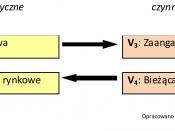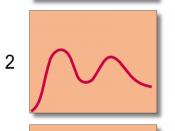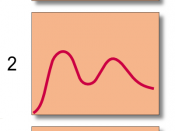Critically evaluate of Internationalisation theory
One of the prominent trends in the contemporary world is claimed to be globalisation. The term entails many different meanings and perspectives for global business. There are at least the four viewpoints concerning the business of internationalization: Transaction Cost Theory, Uppsala Module, Internationalisation from a Network Perspective and International Product Life Cycle Theory (IPLC).
Transaction cost theory as one of the classical internationalisation theories has been widely used in entry mode to explain why large companies utilize different modes in expanding abroad. It suggests that companies adopt a certain organizational structure: markets versus hierarchies. So multinational enterprises expanding abroad based on how efficient one structure is compared with the alternative structure.
'Uppsala Model' as behavioural models dealing with the internationalization process, it stressed that knowledge and learning have a profound impact on how the firm is seen to approach foreign markets. This module is somewhat different from traditional approaches that are trying to vastly explore why firms invest abroad and how these investments are carried out.
The central issues for this model are to examine how organisations learn and how their learning affects their investment behaviour (Johanson and Vahlne 1977, 1990).
The network approach to internationalisation is not generally embedded into one theoretical tradition within business administration and management. The network view is postulating that firms connect to other firms due to mutual gains and resource constellations through performed activities. These connected exchange relationships of information; capital, products, ideas and services extend over time across frontiers to explain why internationalisation takes place.
The International Product Life Cycle (IPLC) model stated that the location of production of certain kinds of products shifts as they go through their life cycles sequentially, simultaneously, which consists of four stages in the international markets: introduction, growth, maturity, and decline during...


